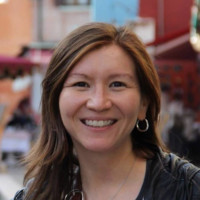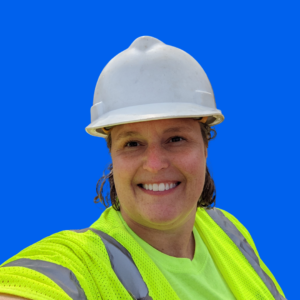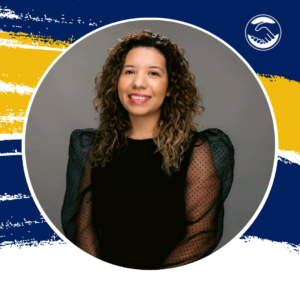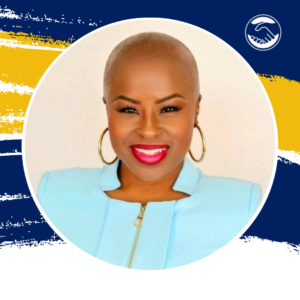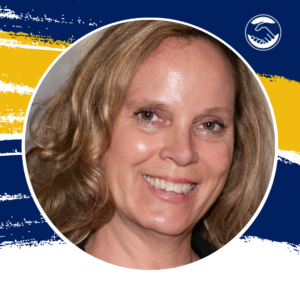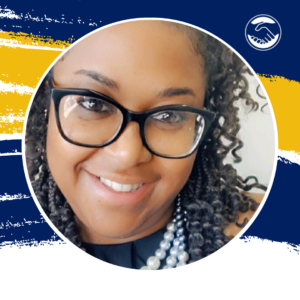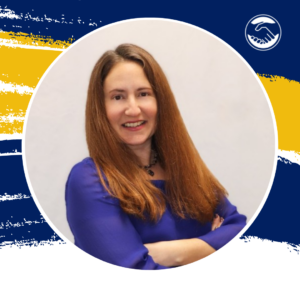FastPath Member
Company Website: BlueDigitalGroup.com
Paulette Pantoja is the founder and CEO of Blu Digital Group. They offer in-house software and services for digital media distribution and entertainment. The company’s team has 50+ years of collective experience in digital media management and optimization of the supply chain. Blu Digital Group has been recognized by Inc. 5000, The Los Angeles Business Journal, The San Fernando Business Journal and more.
How long has Blu Digital Group been in business and what was your inspiration for founding the company?
I founded the company in 2007 from my apartment building. So we’ve been in business for 15 years. I think I’ve aged 45 years since then!
The inspiration to start the company was from my childhood and how I grew up, as well as those that influenced me which were my mother and my father. I have a passion for film and television, as well as computer science, computer engineering, so finding an industry that meshed the two together was very intriguing to me.
Growing up with financial struggles, it was very important for me to be independent and take on what I learned through those times to create something that would allow me to be successful. I wanted to take the issues that my parents went through in my younger years when they took care of my sister, and I, in order to build something that they could be proud of. And that I could be proud of to allow myself to be successful and not have to go through the same issues that I did when I was younger.
More importantly, going into film and television, I have a background in music. I’m a musician, I write songs and sing, but I also have a very analytical side, where I used to program websites and databases. That’s how I supported my way through UCLA film school.
When I found the home entertainment industry, I found two things that are an industry that meshed together, which is the distribution of film and TV content. It felt like an angel started singing and I found this place to be home for me, for my career path.
How has your business been impacted since attending the Founders First Accelerator Program? Have you seen growth and how long has it been since your graduation date?
Since the end of 2020, multiple things have happened. The company is growing exponentially year over year. We also closed our series A funding round, so I now own 75% of the company. I have two investors, but I still own a majority share of the company.
The cash infusion has allowed me to focus on growth. We’ve more than doubled our revenue since being a part of the Founders First program. We are now looking at mergers and acquisitions. Also, we have over 115 employees working with the largest studios in the world.
So lots of things have changed since graduation. Especially since the class took place during such a horrible time with COVID.
Do you have any fond memories or important lessons that you remember from your time in the program?
I think it was the pitch contest at the end of the program. And the reason why was because at that time I was going with my investment bankers, to look for funding. I won the pitch contest and at the same time I won my first investor for the Series A round with the exact pitch deck that I used in the Founder First Program is what I used with the investor that I ended up bringing on board. The entire curriculum for the short period was great because it was revisiting a lot of the modules that I learned when I went to Business School at Pepperdine University.
I think it’s important to always go back to the roots of your lessons learned, because you should never stop learning. Even after growing a company yourself, I feel that you should always apply those things that you learnt into real life and real world experiences.
What advice would you give to an up-and-coming entrepreneur out there?
One of the lessons that I’ve learned is one of my favorite quotes: “Play the cards you were dealt like it’s the hand that you wanted” and never dwell on things that don’t go the way that you want it to, because that will happen. You can’t succeed if you don’t fail, and so I think always taking any type of failure or hurdles that come in the way or something that doesn’t go your way, as if it’s an opportunity so it’s really a mindset.
So entrepreneurs have to be very prepared for failure and look at them as opportunities. That would be one of the pieces of advice I would give to an entrepreneur.
Interested in an accelerator program at Founders First? Check them out!
- Founders First CDC - Small business secrets of navigating capital stack for growth

